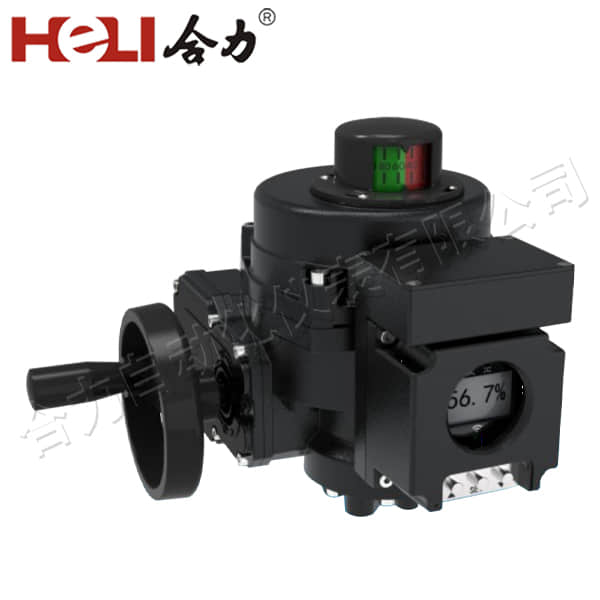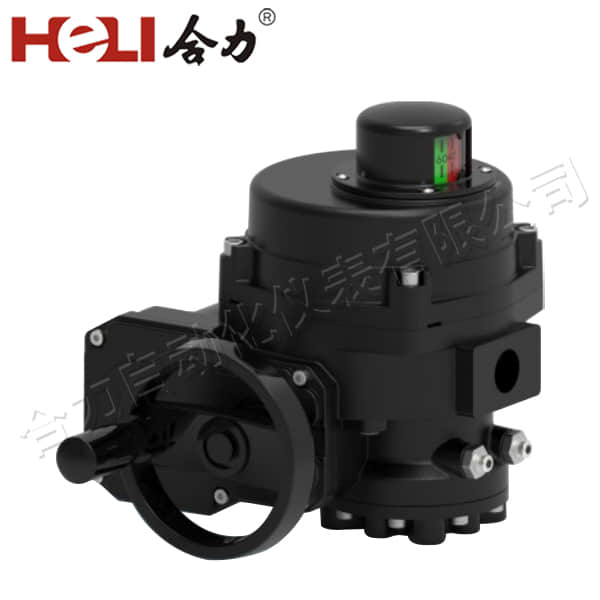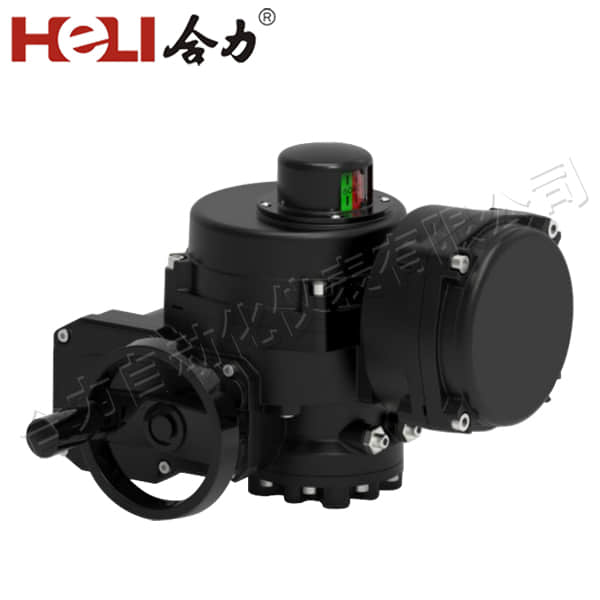
Electric actuators are sophisticated devices that convert electrical energy into mechanical motion. They play a crucial role in various applications across industries, including manufacturing, robotics, automotive, and home automation. Unlike their pneumatic or hydraulic counterparts, electric actuators offer several advantages, making them an attractive choice for modern automation solutions.

At the core of an electric actuator is its ability to provide precise control over movement. This precision is essential in applications where accuracy is paramount, such as in robotics, where even the slightest deviation can significantly impact performance. Electric actuators can achieve high levels of accuracy and repeatability, which is vital for tasks like assembly, material handling, and machining.

